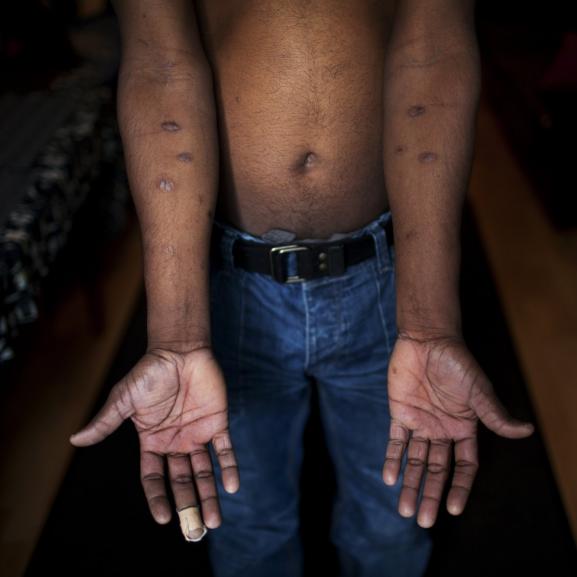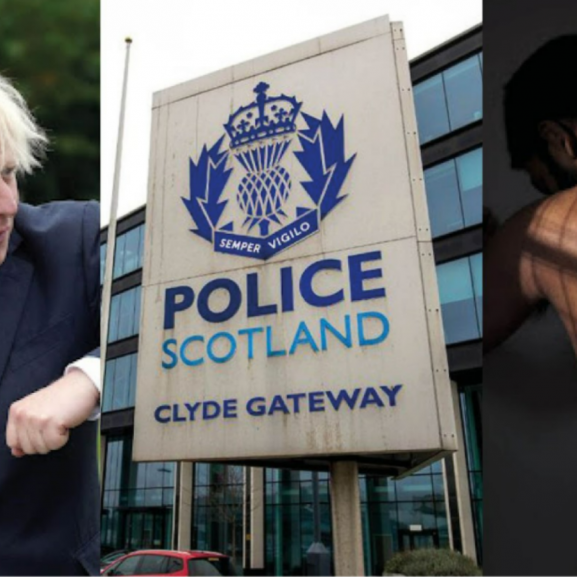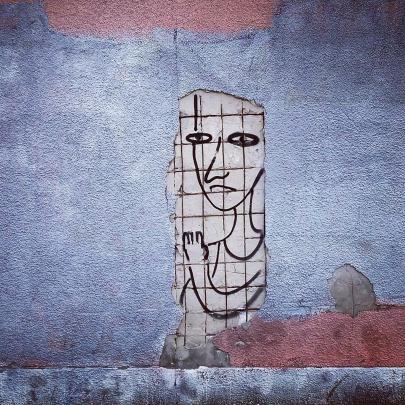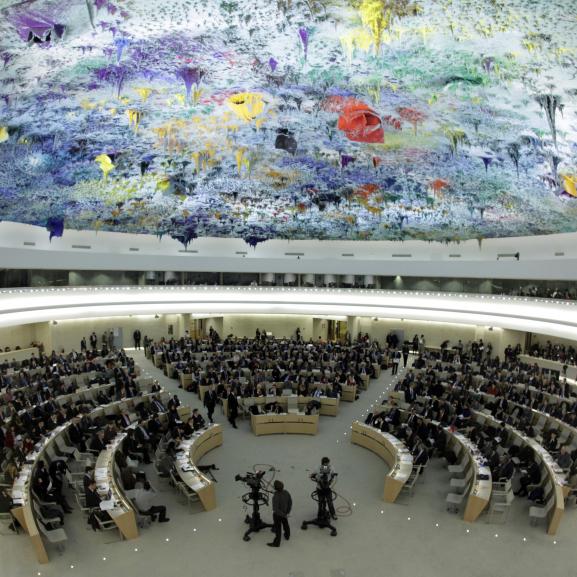Sri Lanka - Out of the Silence
Freedom from Torture has published shocking new evidence of torture in Sri Lanka which demonstrates the practice has continued long after the end of the civil war in May 2009. The research shows that torture is perpetrated by officials within both the military and the police and that people within the Tamil population who are perceived by the authorities as having links to the Liberation Tigers of Tamil Eelam (LTTE) remain at risk of being detained and tortured.
"Many of us bear the marks of torture on our minds and bodies, but in Sri Lanka you can't express that you've been tortured. If you show your scars to [an official] you risk them telling the authorities and you would likely be detained again." Saarheerthan, Sri Lankan torture survivor
Survivors' well-founded fear of speaking out about torture in Sri Lanka is just one of the reasons that little information on the practice has flowed out of the country since the end of the conflict, including reported enforced disappearances and the intimidation of journalists, civil society organisations and doctors.
This report plays an important role in helping to break the silence of the last two years. Freedom from Torture has used forensic methods to document evidence of torture through the production of medico-legal reports (MLRs) for use in the context of asylum claims by torture survivors who have fled to the UK.
Keith Best, Freedom from Torture's Chief Executive, said:
"As well as recording serious psychological impact in virtually all of the individuals whose cases are sampled in this report, the evidence also reveals high levels of visible scarring which strongly suggests a deliberate policy of 'branding' and an environment where perpetrators act with impunity. The experiences documented in the report of signed confessions forced through torture, fingerprinting and the deliberate infliction of visible injuries, mean that the risk of future detention and torture for survivors on return to Sri Lanka remains high, especially given the fact that in every single one of these 35 cases release from detention was resultant on the payment of a bribe. Fourteen had reported torture on their return from periods of time spent abroad.
"In light of this new evidence, the UK government must act immediately to ensure it is not returning individuals to a risk of torture in Sri Lanka. It is important that the UK Border Agency reviews and amends the country guidance information used by decision makers who consider asylum applications. While serious concerns remain, the UK should also put in place effective monitoring of any individual it forcibly returns to Sri Lanka to ensure their safety. We hope the UK government will play a leadership role within the international community to ensure that impunity for torture and other serious human rights violations in Sri Lanka is not allowed to reign. This is particularly essential as the Sri Lankan government's own Lessons Learnt and Reconciliation Commission is widely considered to be seriously compromised and not capable of delivering justice for the Sri Lankan people."
The 35 individuals whose MLRs were reviewed in Freedom from Torture's study were detained in a range of facilities around Sri Lanka and all report being targeted due to an actual or perceived association with the LTTE, often through family members, or an opposition political party. It has been widely reported that the LTTE forcibly recruited Tamils into membership and other support roles during the civil war, suggesting that a very large proportion of the Tamil population is at risk of being targeted on this basis.







